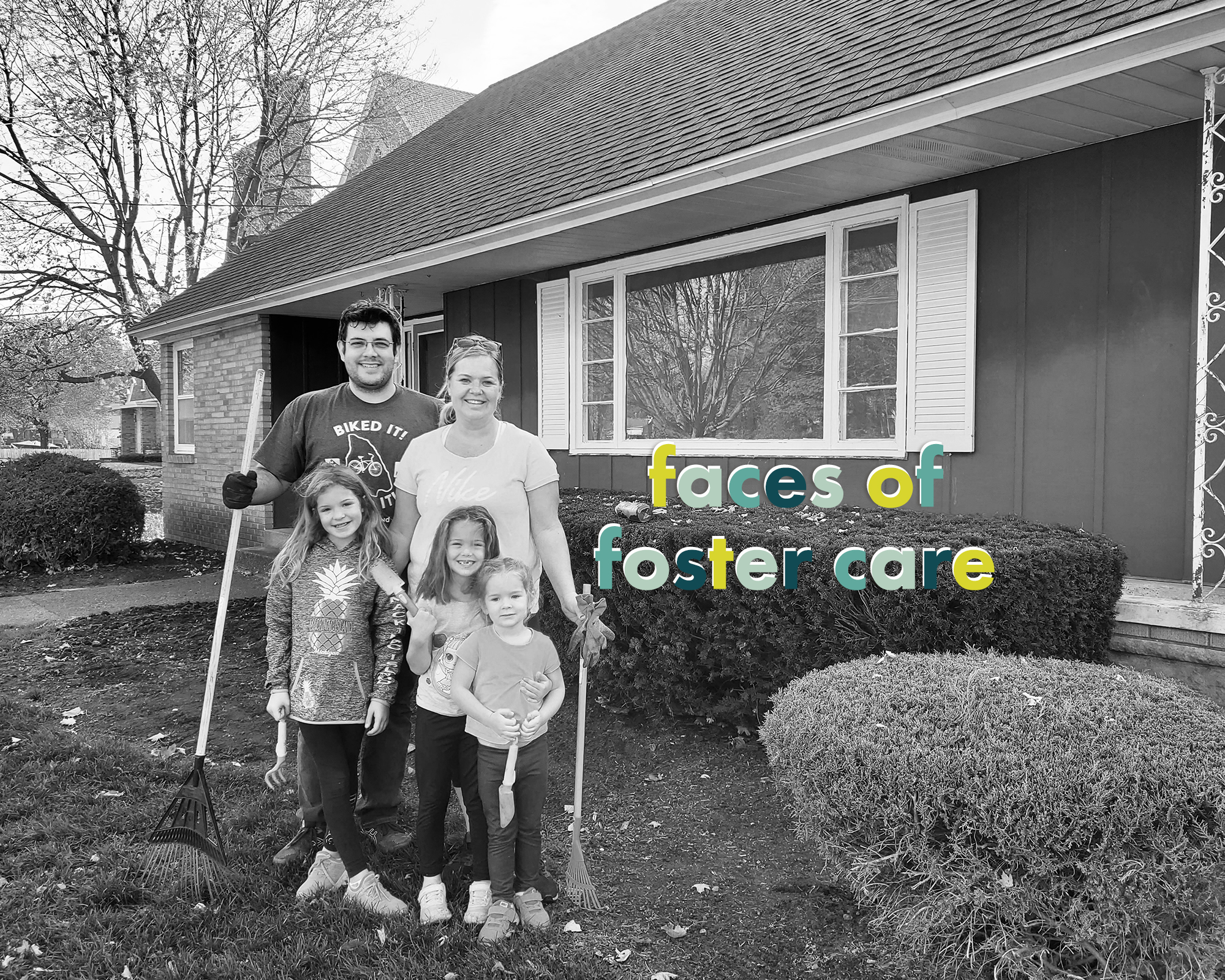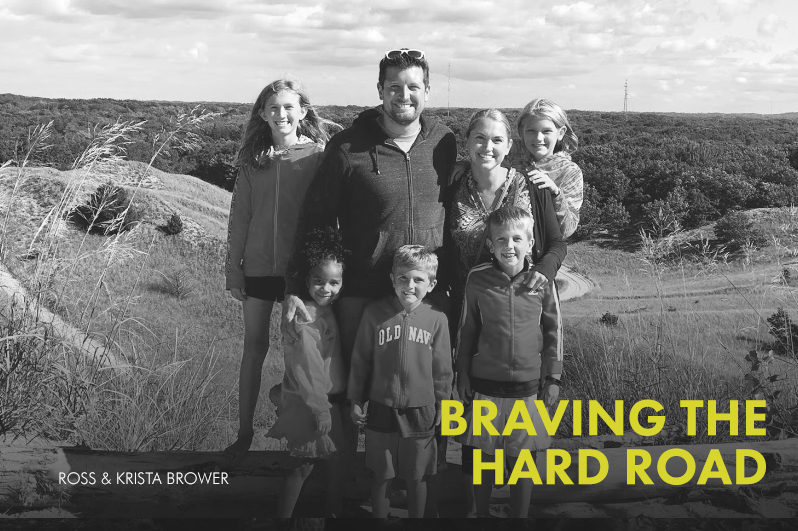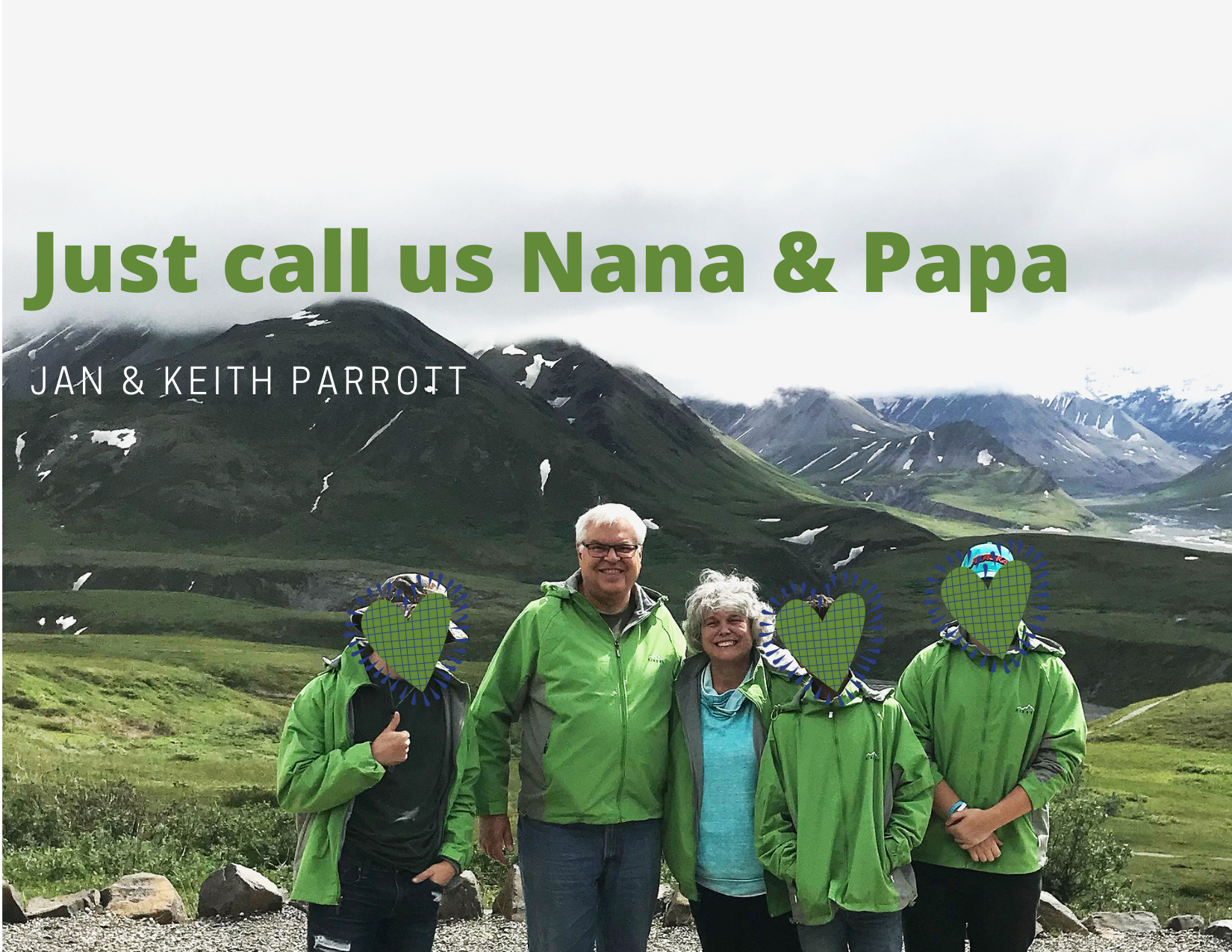-
Faces of Foster Care

These people – the ones who have stepped into foster care, not by bringing in fosters of their own, but by choosing to circle around us are too the faces of foster care. Texts keep coming. “What do the kids need?” “What do you need?” “How can we help?” “How are you holding up?” “You’ve got this!” Toys…
-
The Browers

Featured in our April edition of The Ottawa Advocate Braving the Hard Road. Foster families rarely follow a straight path. There are blind corners and speed bumps, twists and tangles. Half the time the headlights are out and radio is blaring. Oddly, the oncoming traffic seems not to be trying to avoid collision, but at times, forcefully crash. And once the destination has been reached, or at least the destination for…
-
The Parrotts

JUST CALL US NANA & PAPA THE PARROTTS Few people do foster care like Jan and Keith Parrott. The couple has ridden this rollercoaster for 50 years now, and though they retired from fostering last fall, they’ve already reconsidered and plan to reopen their home to provide respite for other foster families entrenched…
